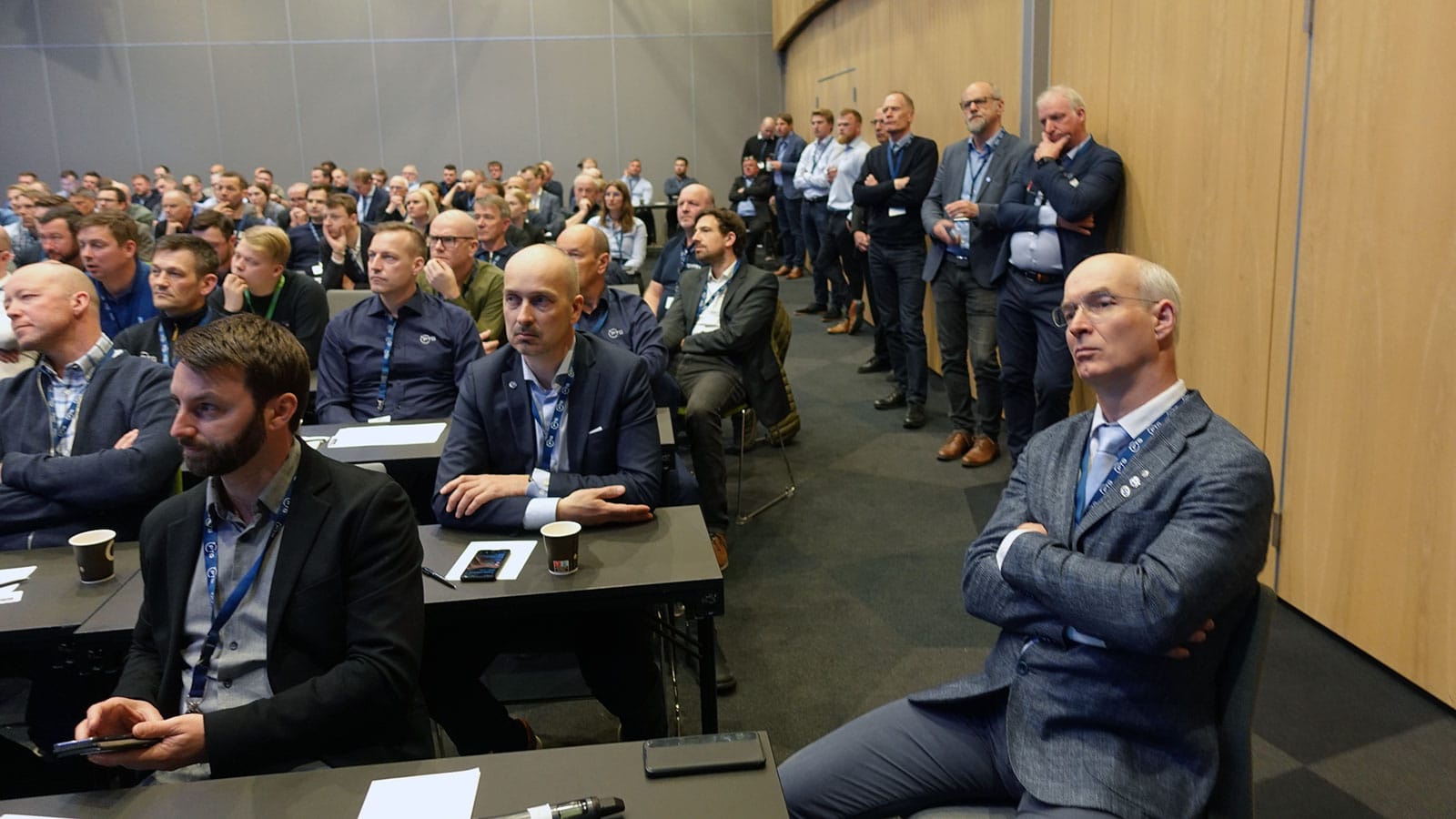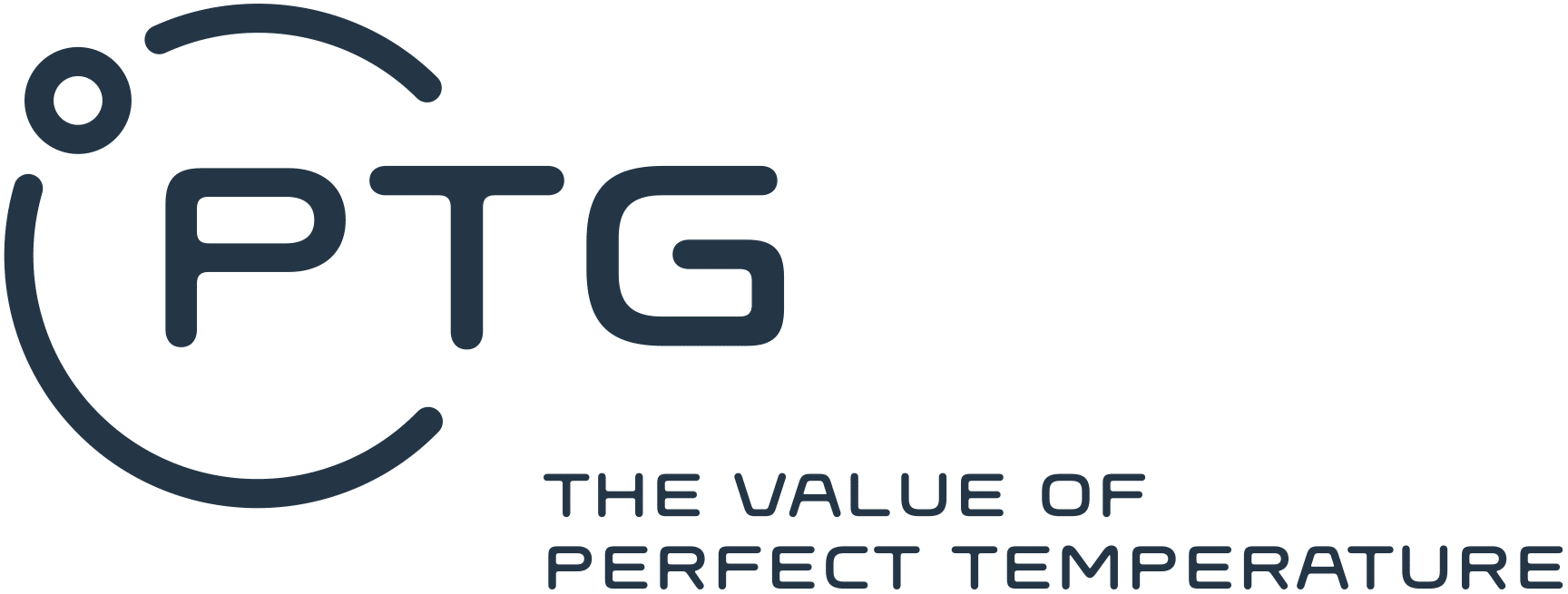“The global challenges we face actually support our business model,” PTG CEO Terje Arnesen declared at this year’s refrigeration conference in Tromsø.
This year’s refrigeration conference in Tromsø became an arena where the industry was far more concerned than before about its own place in the global challenges facing the world. PTG CEO Terje Arnesen got to grips with this as early as his opening presentation.
This is an edited translation of an article originally written for the Kulde og varmepumper trade journal by editor Jørn Wad.
“The global challenges we face actually support our business model,” he declared at the Norwegian Society of Refrigeration gathering.
He pointed to projections for the number of humans on the planet, from around eight billion today to 11 billion towards the end of this century. That created a number of challenges for most people, and the refrigeration sector was no exception.
Changes
Arnesen observed that the seas cover roughly 70 per cent of the planet, but no more than two per cent of humanity’s food supplies derive from this huge area.
PTG’s business model is based on a strategy of developing technology and solutions which will help to improve food quality, create opportunities for long storage life, and not least reduce wastage. The company does this by developing energy-efficient and sustainable solutions using natural refrigerants, he explained.
Using a series of slides, Arnesen emphasised that “expertise on refrigeration technology is our backbone”. That was unlikely to have taken his audience by surprise. But what undoubtedly made a number of them “green” with envy was what he had to say about the PTG school.
That is because the company’s philosophy calls for apprentices to account for at least 10 per cent of the workforce. But this commitment does not stop there. PTG continues to give people internal opportunities to pursue continuing and further education.
“We don’t believe we can secure people from the market with greater expertise than we’ve already got, so we’ve decided to train them ourselves,” Arnesen said.
“In 2020–21, we actually recruited 85 new employees and have appointed another 14 so far this year. We are expanding sharply and will continue to do so. But we’ll ensure that we retain the high level of expertise all our employees possess, and develop it further.”

Development
He was otherwise concerned to ensure that PTG develops what he called “tomorrow’s solutions”, and mentioned the company’s collaboration with shipping company Bluewild and ship design specialist Ulstein.
These partners are aiming to develop a completely new and innovative trawler, and PTG has participated right from the design phase. It has produced its designs in close collaboration with the Bluewild, and thereby reaped broad user experience which the customer could utilise in the project.
The refrigeration solutions include the SuperFreeze system (500 kW, ‑50°C) and two SeaCool units – a compact refrigerated seawater (RSW) system for efficient cooling of seawater and fish.
On the innovation side, work is under way with salmon freezing, individually quick frozen (IQF) solutions, heat recovery, raw material handling, cryogenic separation and hydrolysis.
“Knowledge of the fundamentals is needed to develop new products and solutions based on refrigeration,” Arnesen noted. “That calls for good understanding of the customer’s value creation, operation and potential, which is built up by our service technicians.”
Innovation and product development involving engineers contribute to the company’s participation in emerging markets, he explained, while noting that several Norwegian industrial clusters are world leaders for their solutions and systems.
Arnesen also emphasised that the company is committed to manufacturing in Norway, and called attention to its new investment in factory expansion and robotisation at Malmefjorden.
Broad-based
This year’s conference was otherwise characterised by a broad-based technical programme, and more than 300 participants were not only a reflection that people wanted to meet up after two years of pandemic. They also sought professional refreshment, and got plenty of that.
The first day was devoted to overall briefings as well as the society’s annual general meeting. On day two, participants divided into parallel sessions and were served solid expertise from the podium. Time was also provided for visiting a technical exhibition and to pursue a little social networking.

